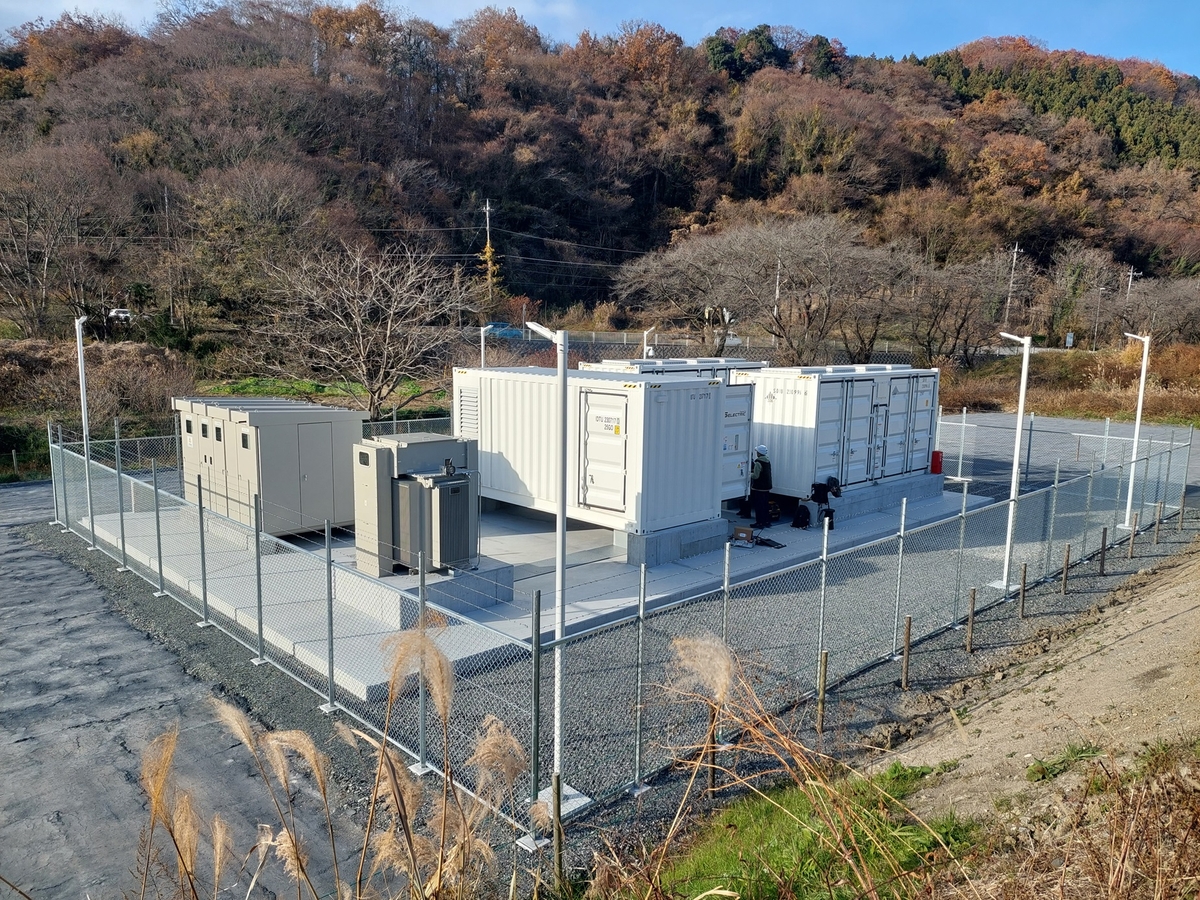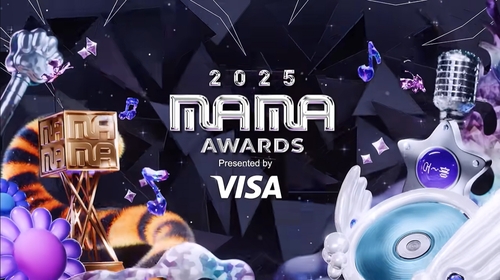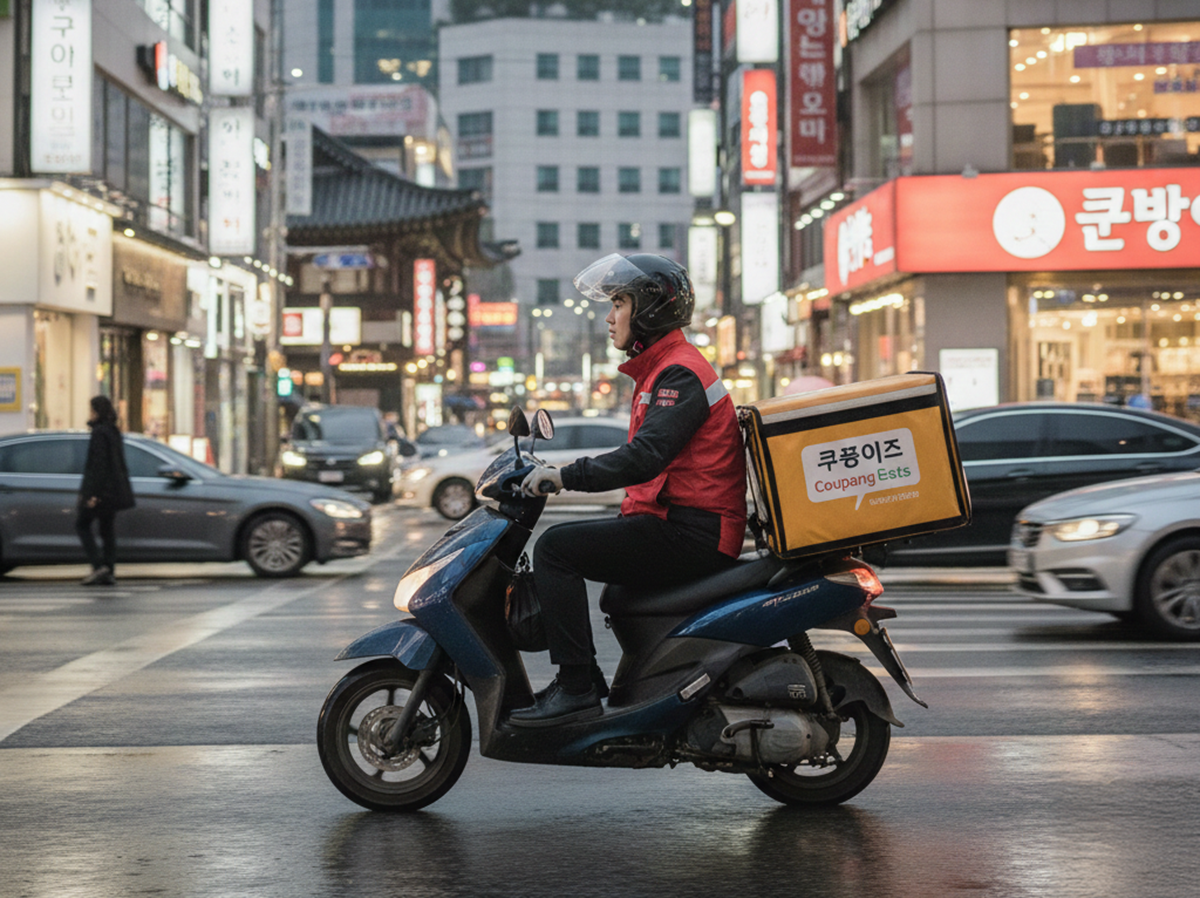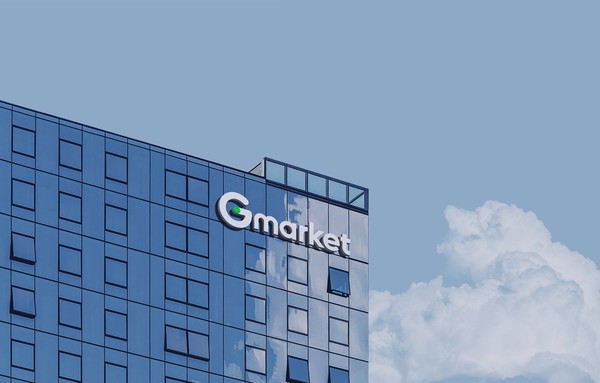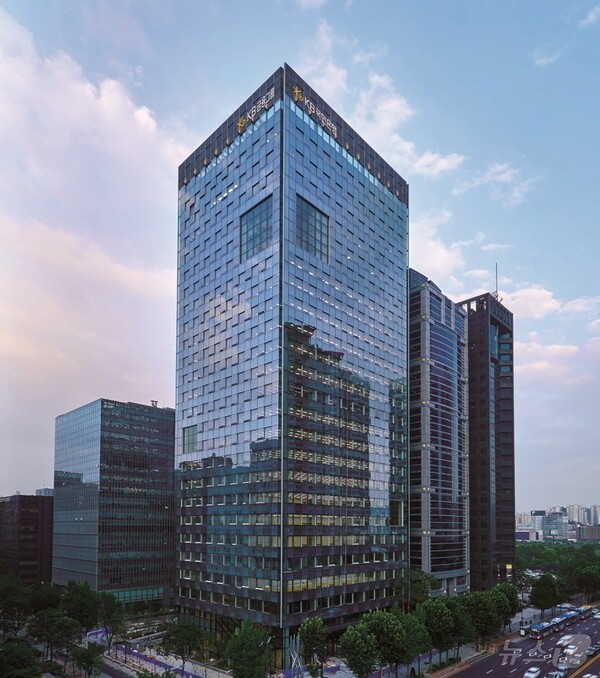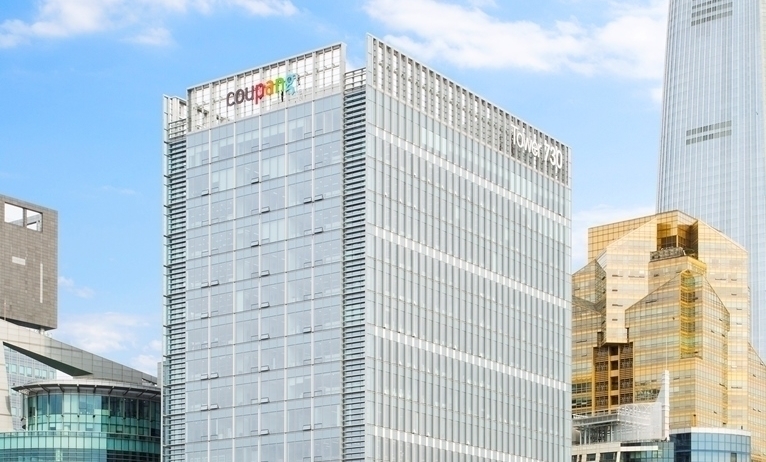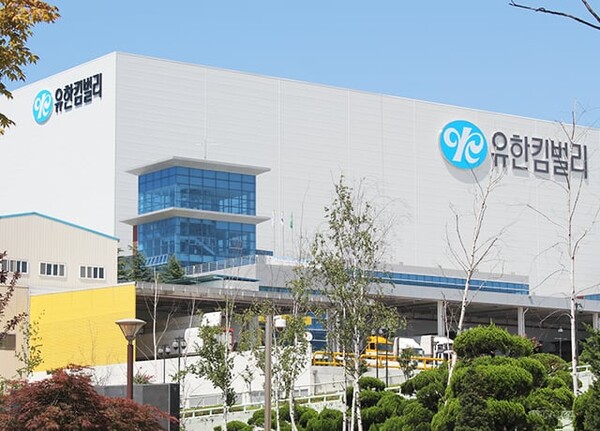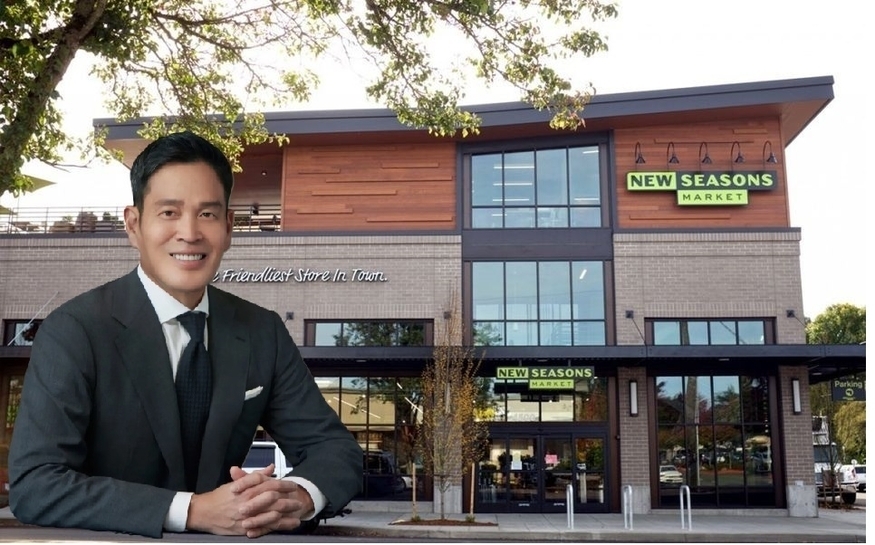
Hyundai Motor Group is stepping up its ambitions to reinvent urban transportation with the official launch of the Next Urban Mobility Alliance (NUMA), a sweeping public-private partnership that leans heavily on artificial intelligence, autonomous driving, and inclusive mobility solutions.
The initiative was formally unveiled this week at the Grand Walkerhill Seoul, drawing government officials, corporate leaders, and academic researchers. Among the attendees were South Korea’s Vice Minister for Transport Hee-up Kang and Chang Song, President and Head of Hyundai’s Advanced Vehicle Platform Division.
First introduced during Hyundai’s Pleos 25 conference in March, NUMA is structured as an open alliance designed to break down silos and encourage collaboration between industries, regulators, and research institutions.
The project follows a three-phase roadmap: using AI to optimize local transport networks, rolling out Autonomous Mobility-as-a-Service platforms, and ultimately scaling AI-driven systems to power smart cities.
At the event, Hyundai displayed a mix of futuristic prototypes—AI-enabled transport platforms, ultra-compact “nano” mobility devices, and universally accessible vehicles aimed at serving people with age-related or physical mobility challenges.
The alliance already counts 31 members, from government bodies like the Ministry of Land, Infrastructure and Transport and the Korea Transportation Safety Authority, to private-sector players such as Kia, Hyundai Card, Naver Cloud, and Tmap Mobility, as well as Seoul National University and Yonsei University.
Chang Song underscored Hyundai’s long-term vision of using technology to build inclusive transportation systems, saying the group is committed to “connecting communities and improving access for those with limited options,” while positioning South Korea as a testbed for global mobility transformation. Vice Minister Kang echoed that message, describing mobility as “no longer just infrastructure, but a service that connects people to everyday life,” and stressing that freedom of movement should be universal.
NUMA is only part of Hyundai’s broader mobility push. The company is also advancing Shucle, an AI-powered on-demand ride service with dynamic routing; the R1 and Nano mobility devices, which integrate with Shucle to extend coverage to underserved groups; and the Autonomous Vehicle Foundry, a global initiative to supply fleets of electric self-driving cars to mobility providers.
Complementing these projects is Hyundai’s growing emphasis on software-defined vehicles, highlighted by its Pleos SDV Standard Forum in August, which aimed to lay the groundwork for mass-market production of software-centric cars.



